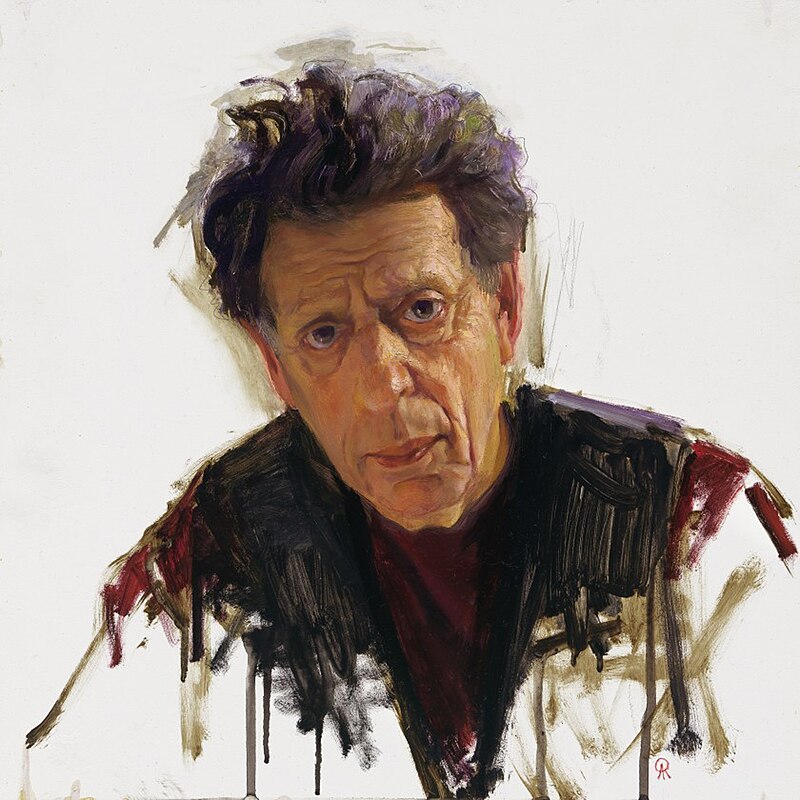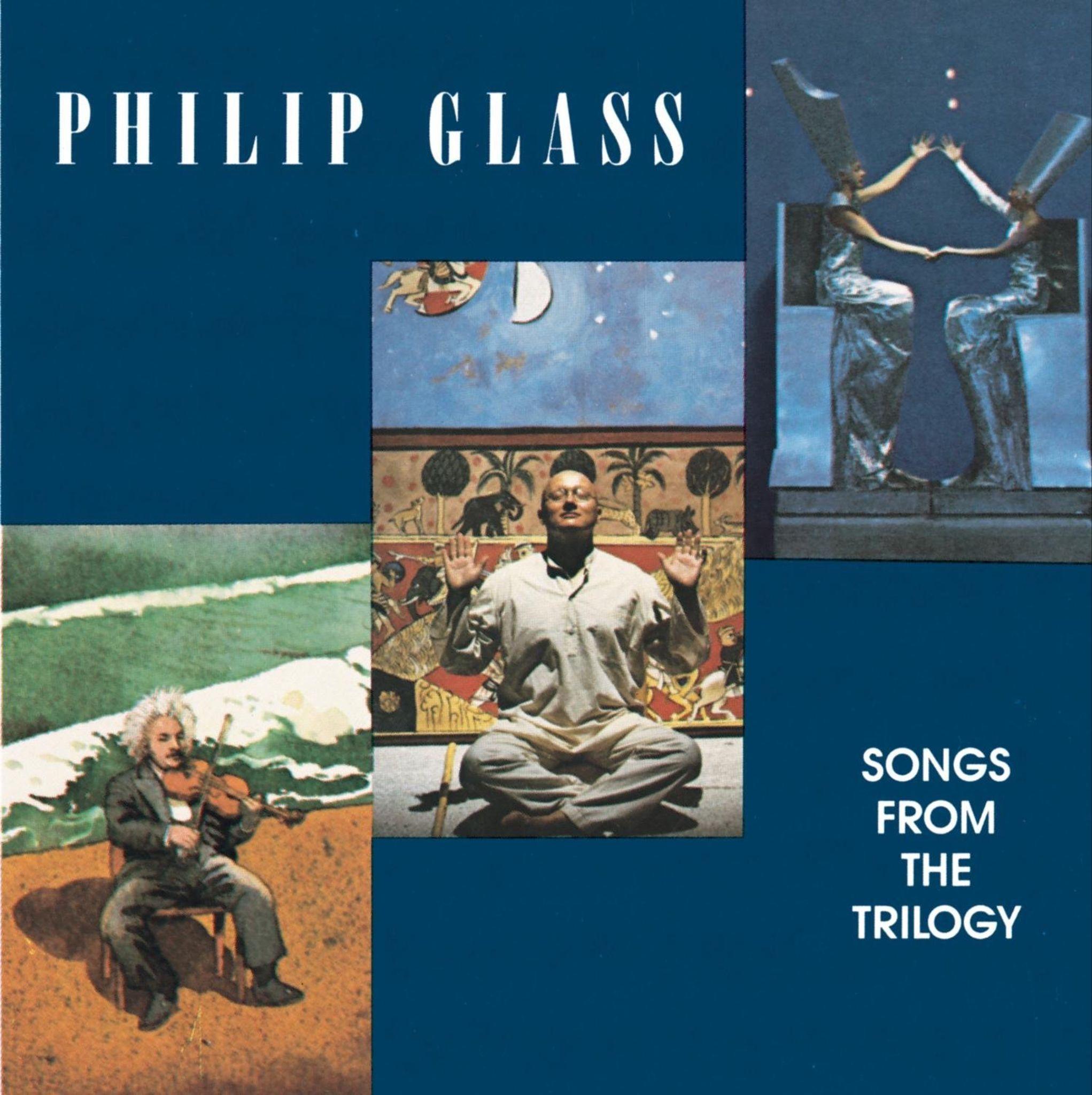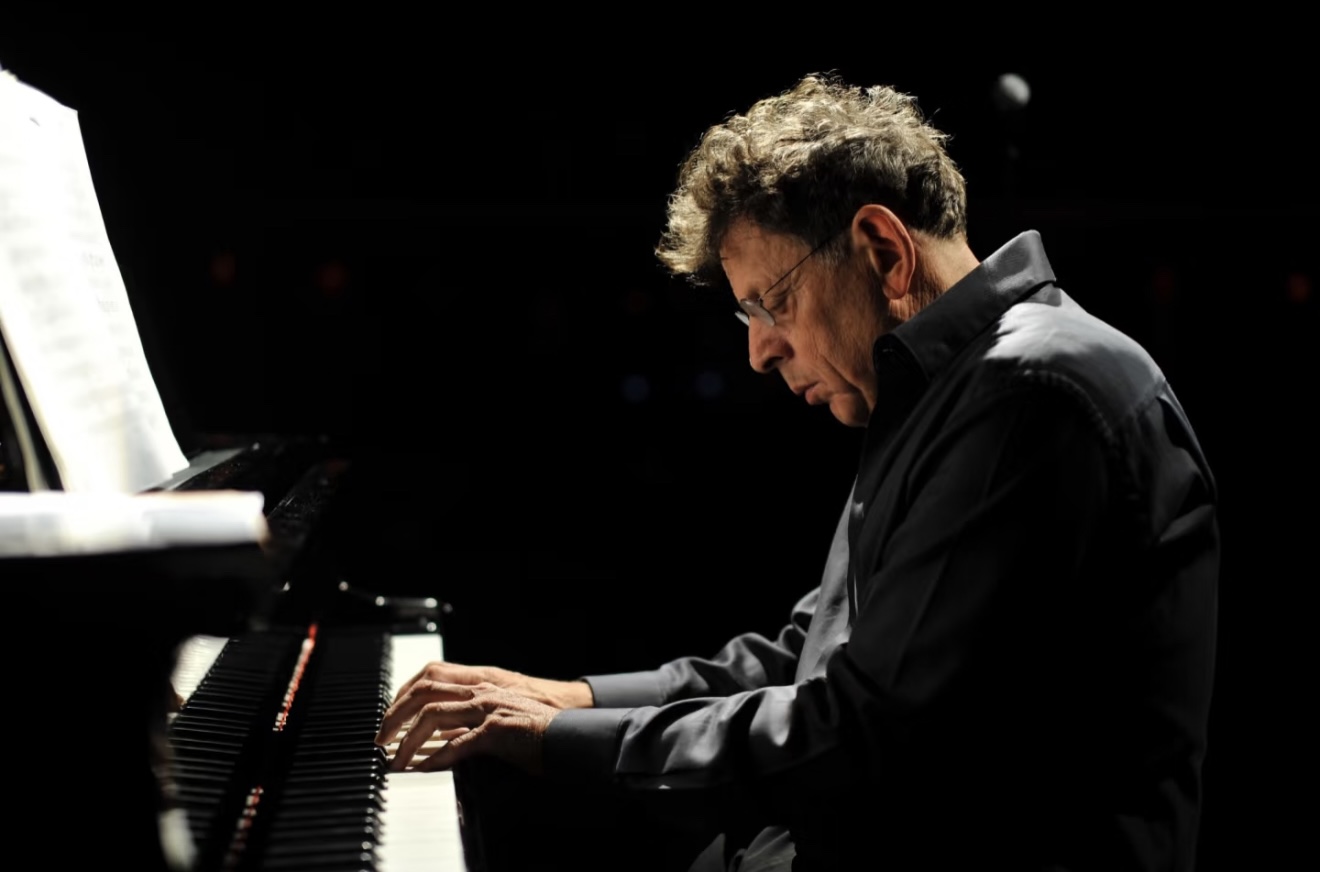Philip Glass:War Trilogy

Philip Glass is a highly influential Americancontemporary composer and one of the leading figures of “minimalist” music. Hisworks often feature repetitive rhythms and melodies, which gradually buildtension and emotional depth through subtle variations. Although he trained inclassical music as a child, his time in Paris exposed him to Indian music,Japanese theater, and African rhythms, resulting in a style that is botheclectic and experimental.
Philip Glass’s “War Trilogy” doesn’t depictany specific modern war, but each piece engages with themes of social,religious, or political conflict. The three works are:
Satyagraha (1979): Focuses on Gandhi’sdevelopment of the philosophy of nonviolent resistance during his time in SouthAfrica. The context was colonial rule and racial discrimination, making it astory of ideological struggle.
Akhnaten (1984): Centers on the Egyptianpharaoh Akhnaten’s attempt to enforce monotheism, which triggered religious andpolitical conflict—symbolizing ancient religious wars.
The CIVIL warS (1984): Although never fullycompleted, this piece was originally composed for the 1984 Los AngelesOlympics, aiming to present historical wars and conflicts from multiplecountries’ perspectives.

While these operas don’t directly depictmodern warfare, each revolves around the theme of “conflict” and how humansconfront it.
When Glass first premiered these operas, manylisteners didn’t understand them at all—some even questioned whether they were“real” operas. For example, in Satyagraha, the entire libretto is sung inSanskrit, which audiences could not comprehend, but Glass believed the emotionand music were enough to convey meaning. A small anecdote: he was so short onmoney at the time that he drove a taxi to make ends meet—so you can imagine himcomposing these works in between fares (laughs).
Although early audiences were confused, overtime these three operas gained wider acceptance and eventually becamemilestones in modern music theater. They not only reshaped perceptions of whatopera could be but also influenced countless composers and directors afterward.Satyagraha, in particular, remains meaningful today, as its theme ofnonviolence continues to resonate in a world still full of conflict.
I think Glass’s War Trilogy is really askingus one central question: How should we respond to conflict and change? Gandhiresponded with nonviolence, Akhnaten attempted religious reform, and The CIVILwarS reminds us that war—in various forms—has always existed. Glass uses musicto express a sense of cycles and gradual shifts—appearing calm on the surfacebut with underlying tension—much like many social conflicts in real life, whichdo not erupt suddenly but build slowly over time.
When I listen to these works, they don’t feellike the traditional, adrenaline-pumping “war music.” Instead, they feel likestanding above history, observing the flow of conflict: calm, compassionate,yet still holding a glimmer of hope.
